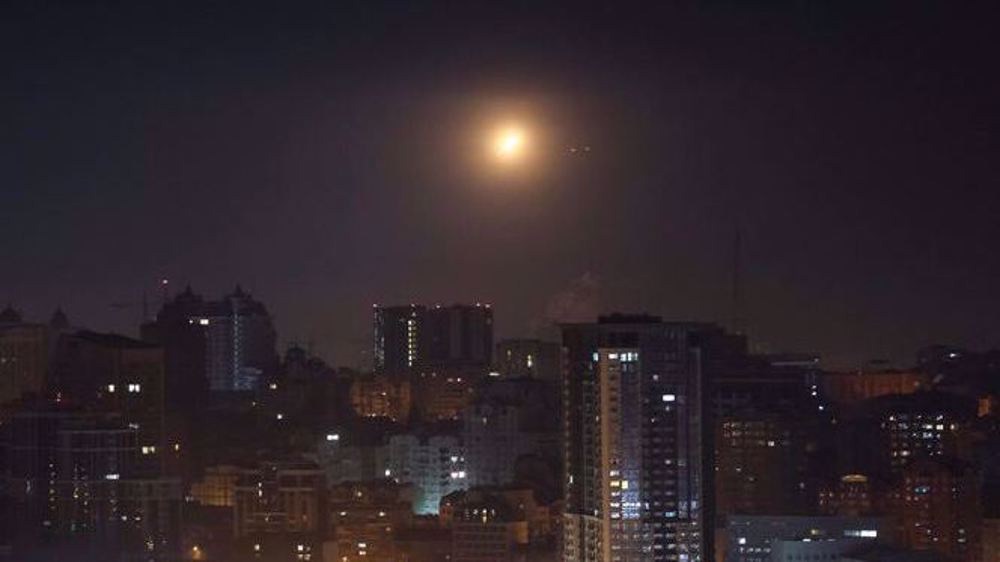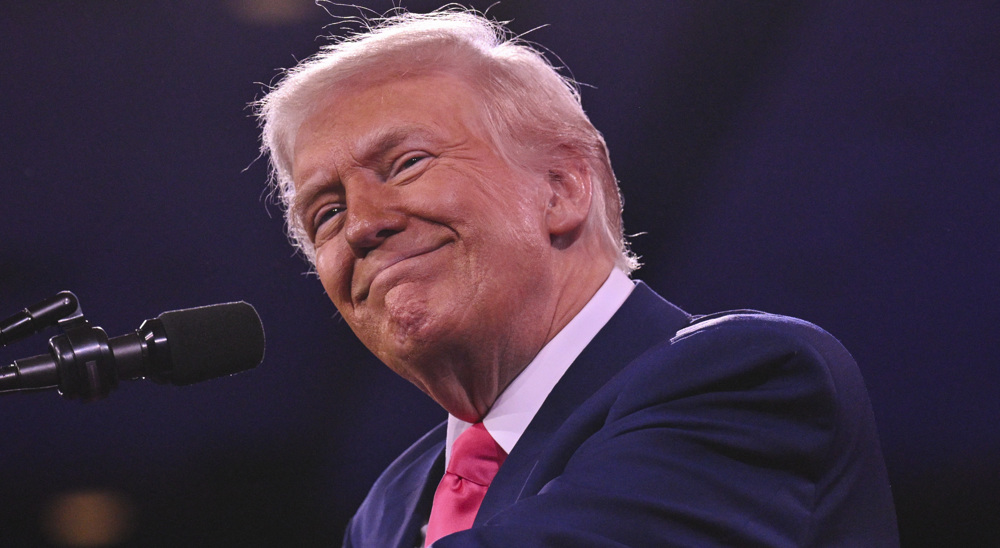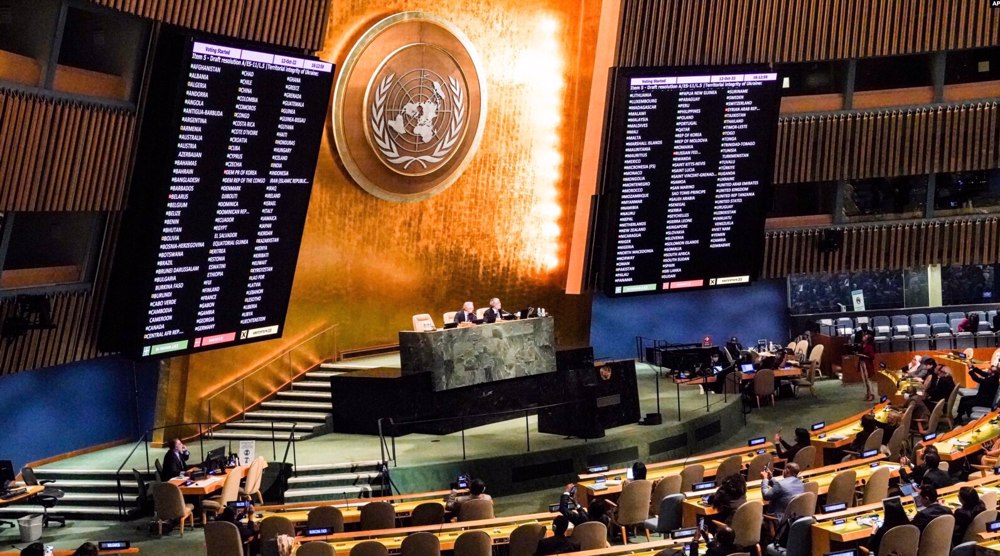Russian deputy PM says Brexit has weakened Europe
Russia’s Deputy Prime Minister Arkady Dvorkovich has said that Britain’s decision to abandon the European Union has weakened Europe, saying he would rather see the EU had remained stronger.
“The British decision to leave Europe made Europe a little bit weaker at this point. The whole process of getting away from Europe is a difficult one and creates more uncertainties,” Dvorkovich said during a Saturday interview with the BBC television program Newsnight.
His remarks came as pro-Europe protesters planned to stage a nationwide series of “March for Europe rallies” on Saturday, demanding the maintenance of close ties with the continent.
“For Russia,” he added, “it is important that Europe is strong; we don’t need weak partners.”
Dvorkovich also rejected claims by former British Prime Minister David Cameron and others that Russian President Vladimir Putin wanted Brexit in order to weaken the EU and thus break the sanctions against his country.
“That’s just not true,” he said. “First, we do not have any particular opinion whether UK should stay in Europe or leave it. It’s a sovereign affair of the United Kingdom, and the rest of Europe, Russia is not a player in this game.”
“Secondly,” he added, “sanctions are not because of British politics, mostly it’s the influence of the United States, and overall attitude of European governments towards events around Ukraine and in Ukraine. We believe it’s the wrong attitude.”
The senior official further emphasized, “We need strong partners to go forward and provide for better future for Russian and European peoples.”
“Strong politics makes Europe really big player in the international landscape and individual countries cannot affect international politics in the same way that a united Europe can do,” Dvorkovich said.
On the anniversary of the outbreak of the Second World War on Saturday, planned protest rallies in London, Edinburgh, Birmingham, Oxford, and Cambridge, will demand a pause in the Brexit process.
The demonstrations are intended to rally support for keeping tight economic, cultural, and social ties with the rest of Europe.
VIDEO | Press TV's news headlines
VIDEO | Iranian military's 'Zolfaqar' exercises continue in full swing
VIDEO | People’s Fair for Gaza fundraiser held in New York
Hamas: Netanyahu tampering with fate of Israeli captives
VIDEO | Kashmir pays homage to Hezbollah leaders
VIDEO | Trump's ethnic cleansing plan draws Palestinian supporters to Seoul rally
VIDEO | An insider's view of the country: Kashan City
Iran condemns ‘vicious act of Israeli terrorism against civilians’












 This makes it easy to access the Press TV website
This makes it easy to access the Press TV website